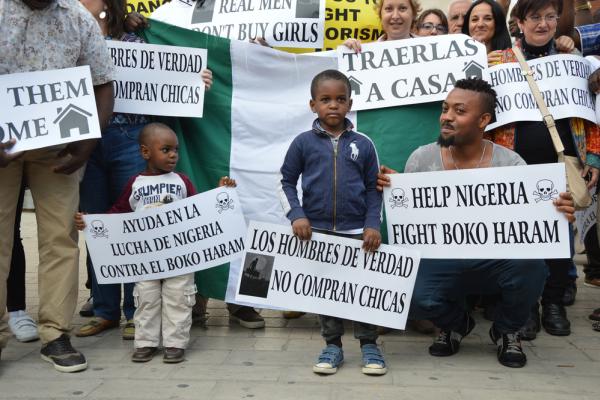Feb 16, 2016
I don’t know who posted it. But on Feb. 2, as I customarily do, I checked into Facebook to see what my friends were talking about. A post popped up about 86 children slaughtered in Dalori, Nigeria, by Boko Haram, the terrorist group that kidnapped upwards of 300 girls on April 14, 2014. The children, the post dated Jan. 31 noted, were burned alive.
I reflexively shuttered. How was is possible that is was Feb. 2 and I had heard NOTHING of children burned alive, not on any news network?
Read the Full Article

Already a subscriber? Login
